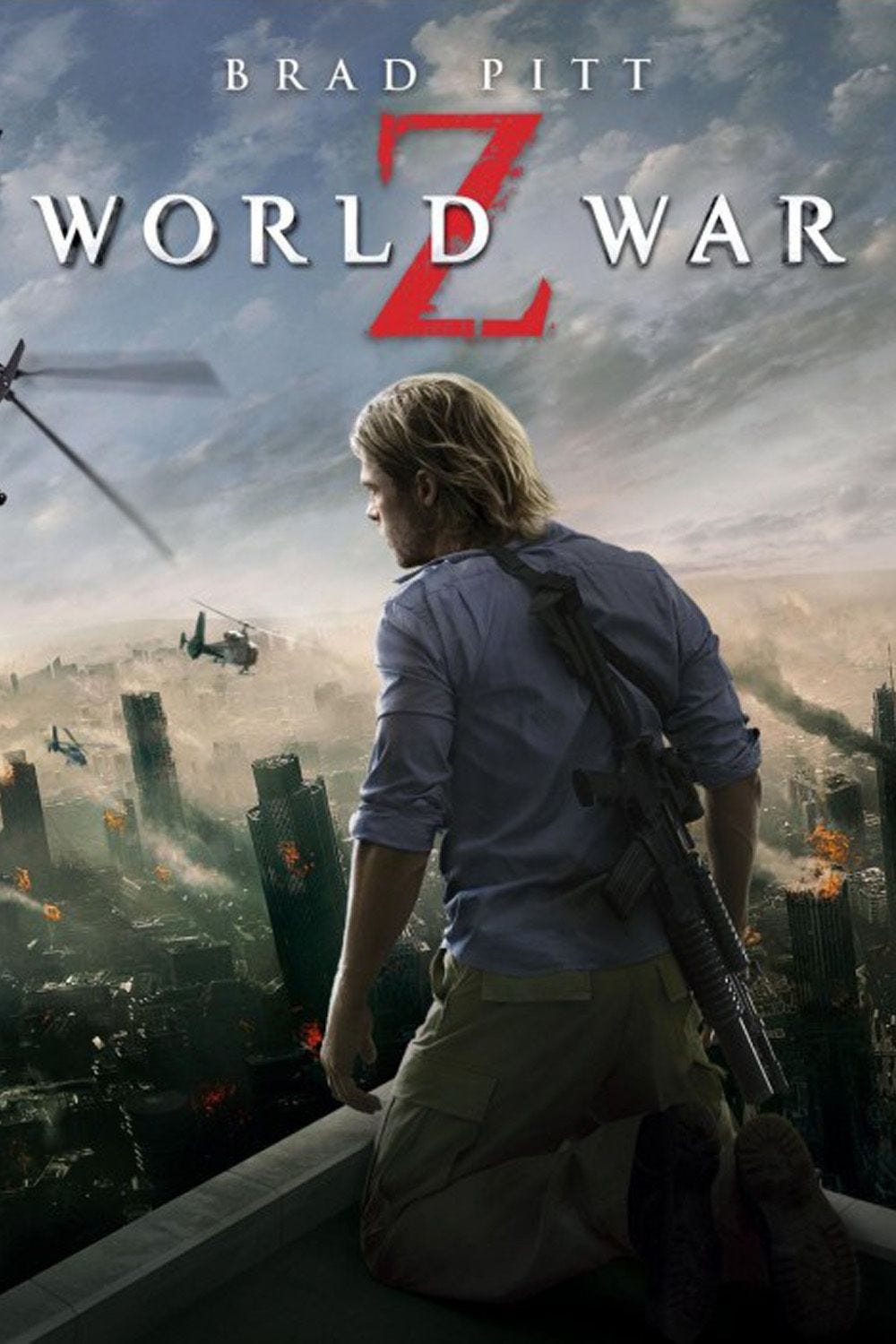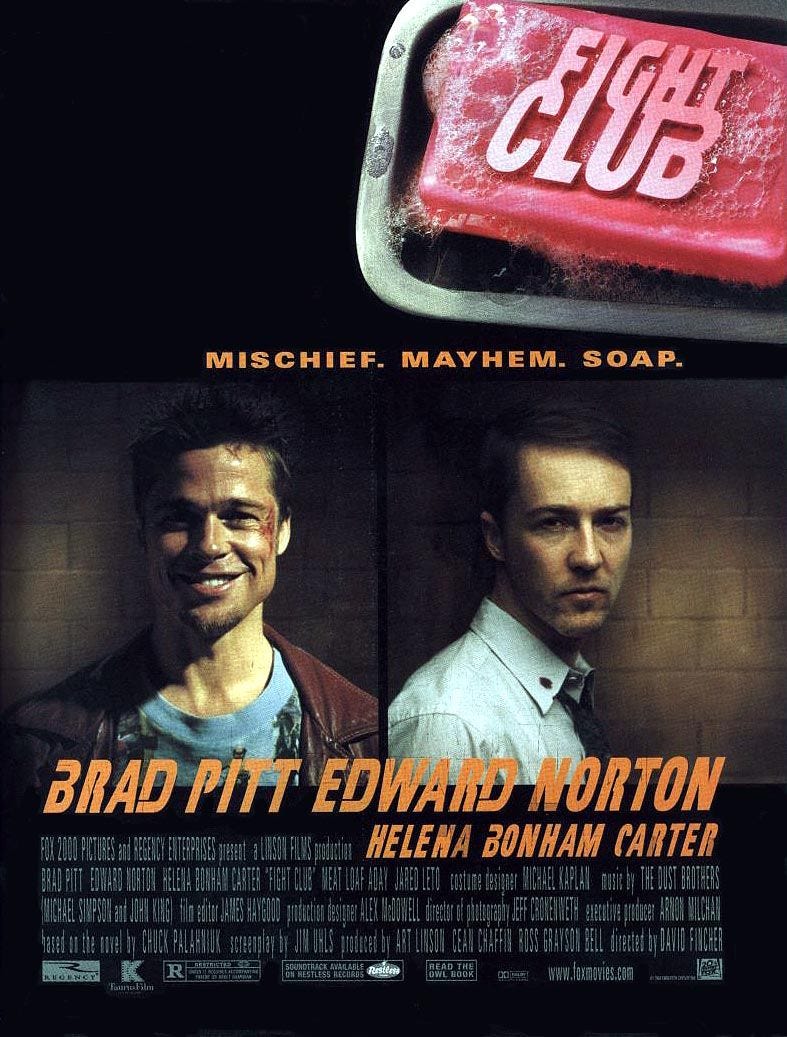Verbal Portrait No. 3
The Seafaring Skipper
n.b. Welcome to all those new individuals that have tuned into White Noise since last week. If you’re reading this, but haven’t subscribed, join hundreds of fellow thoughtful, curious folks by subscribing below.
n.n.b. With a new week, comes a new website update: a virtual bookshelf for tomwhitenoise.com. The books listed span genres and ages, however, each conveys some fundamental human truth. Check it out here!
In earlier posts, I have explored the idea of verbal portraiture. Verbal Portrait No. 1 and Verbal Portrait No. 2 describe a bookish lady and a troubled writer, respectively.
I encourage you to read the above portraits in full for proper context on this style, however, I empathize with the there-aren’t-enough-hours-in-the-day crowd. Below is an excerpt that briefly explains verbal portraiture:
From vivid descriptions of my most minute observations, I attempted to create a coherent verbal “image.” Like the pointillistic brushstrokes of Seurat, my words would obfuscate if read individually, but render clarity when taken as a whole. Hence, the idea of verbal portraiture was born.
A Verbal Portrait is a specific, hyper-detailed description of the reality an individual sees in front of him/her.
Verbal Portrait of a Seafaring Skipper
He was the last of a dying breed, a rough and tumble sort of fellow. A barnacle firmly affixed to the brisk vessel of time, the rapid passing of years determined to pry him off the world’s shining hull. He was of yesteryear, his confidence and competence eroded by the dual ferocity of time and the sea.
His tried and tested vessel easily cut through the undulating rollers. Her bow slid silently, cautiously through unfamiliar waters as a lighthouse’s beam scans the inky darkness. Her sails stood proud, stiff, tall, billowing: the exact opposite of their skipper.
His knotted beard was a blend of brownish-yellow tobacco stains and crumbs, detritus, debris from meals scarfed down long ago. He often exhaled breaths reeking of seaweed and brine. These notes clung to him as stale drink clings to the drunkard, as sawdust does to the carpenter.
Years at sea had leathered his face and callused his hands. His sun-spotted skin teemed with different hues, melanin coaxed out by the sun’s light.
That same timeless sun now gently glinted off his smudged, salt-stained glasses. He resembled the fragile spectacles: some worse for the wear, barely held together by a cobbled patchwork of things. Over the years, he had mimicked the water’s rising and falling, seeking his own level.
With each sunrise came rebirth and opportunity. The water resplendent with the sun's dancing rays, the ocean a fluid prism that colored his world. Nevertheless, all euphoria is followed by depression. What goes up…Down. Much like the waves of the sea, of life.
His soundtrack was the haunting clang of the harbor’s buoy and the nerve-shredding keys of seagulls. Darting and diving every which way, the stormy petrels scrounged for the skipper’s refuse: a discarded bit of fish or crumb of stale bread. Salivating and squawking with sharp beaks, their incessant caws rang out as cacophony of hunger and desperation. With gulls as his interlocutors, he didn’t speak as much as grunt. Years alone at sea had slowly eroded what words and phrases once came from his mouth. The solitude of his craft had stolen his gift of gab.
He sported a cummerbund of blubber; his paunch straining against the rubberized material of his shock yellow slicker. Stiff with age, it more contained his many rolls of flab than kept him dry. Like his world, its color had taken on a tired, blanched look. Ancient binoculars hung loosely, heavily from his neck. These were his yoke. Heavy, but necessary.
On land, he was a derelict.
At sea, a decrepit deity.
A broken man and his trusted ship.
From a distance, it was impossible to say which was which.
One mere speck upon God’s deluged, inundated plains.
Of the sea and so too in it.
If you enjoyed this verbal portrait, gaze upon some others:
Verbal Portrait of a Lady on a Train
Verbal Portrait of a Writer in a Bar
The Best of the Rest
And now for something completely different.
As quarantine and social distancing drag on, my time staring into black mirrors (i.e. screens of all different sizes) has steadily increased. Often, this simply consists of Office reruns. However, as of late, Brad Pitt has loomed large on my TV screen. There’s something about his gun-toting, aw-shucks demeanor, his shock of dirty blonde hair, his gruff, sandpapery drawl that is simply delightful to take in. This week, I bring you three iconic quotes from three very different films of his.
Fight Club
I see all this potential, and I see it squandered. God damn it, an entire generation pumping gas, waiting tables - slaves with white collars. Advertising has us chasing cars and clothes, working jobs we hate so we can buy shit we don't need. We're the middle children of history, man. No purpose or place. We have no Great War. No Great Depression. Our great war is a spiritual war...Our great depression is our lives. We've all been raised on television to believe that one day we'd all be millionaires, and movie gods, and rock stars, but we won't. We're slowly learning that fact. And we're very, very pissed off.
— Brad Pitt as Tyler Durden
Moneyball

It's a problem you think we need to explain ourselves. Don't. To anyone.
— Brad Pitt as Billy Beane
World War Z

Fear is the most valuable commodity in the universe. Turn on the TV. What are you seeing? People selling their products? No. People selling the fear of you having to live without their products. Fear of aging, fear of loneliness, fear of poverty, fear of failure. Fear is the most basic emotion we have. Fear is primal. Fear sells.
— Brad Pitt as Gerry Lane
While we’re on the topic of zombies, my friend, Ajinkya, writes vivid, thrilling horror stories. Subscribe to his writing now!
Per my about page, White Noise is a work of experimentation. I view it as a sort of thinking aloud, a stress testing of my nascent ideas. Through it, I hope to sharpen my opinions against the whetstone of other people’s feedback, commentary, and input.
If you want to discuss any of the ideas or musings mentioned above or have any books, papers, or links that you think would be interesting to share on a future edition of White Noise, please reach out to me by replying to this email.
With sincere gratitude,
Tom
P.S. Many thanks to those who gave in-depth feedback on this piece: Dan Hunt, Stew Fortier, Patrick Rivera, and Joel Christiansen.



